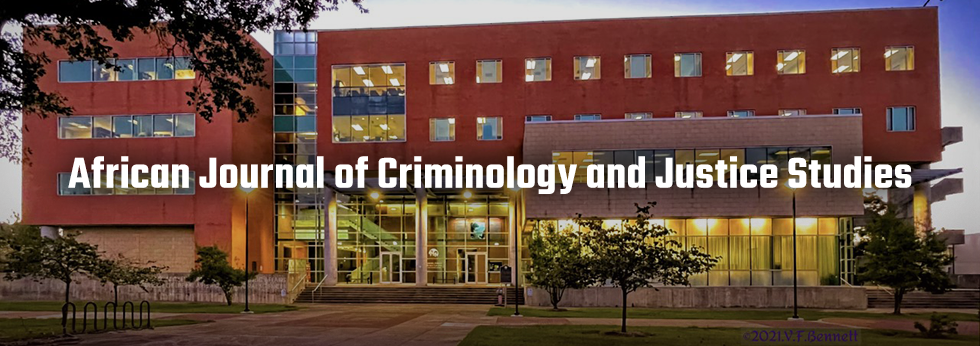Abstract
This paper evaluates the International Criminal Court’s impact in Northern Uganda through the lens of the affected community. It seeks a nuanced assessment of the Court by contextualizing the communities’ perceptions within their temporal context. Fluctuations in local perceptions of the Court in relation to developments on the ground identify peace as a local priority. The ICC must not simply behave in a static and rigid time-logic, but rather respond to shifting priorities and circumstances. It is this temporal consciousness that will make the ICC relevant both in context and in support.
Recommended Citation
Katan, Amelia and Komakech, Daniel
(2017)
"Peace and Prosecution: An Analysis of Perceptions
Towards the International Criminal Court Intervention’s in Northern
Uganda,"
African Journal of Criminology and Justice Studies: Vol. 10:
Iss.
1, Article 2.
Available at:
https://digitalscholarship.tsu.edu/ajcjs/vol10/iss1/2


